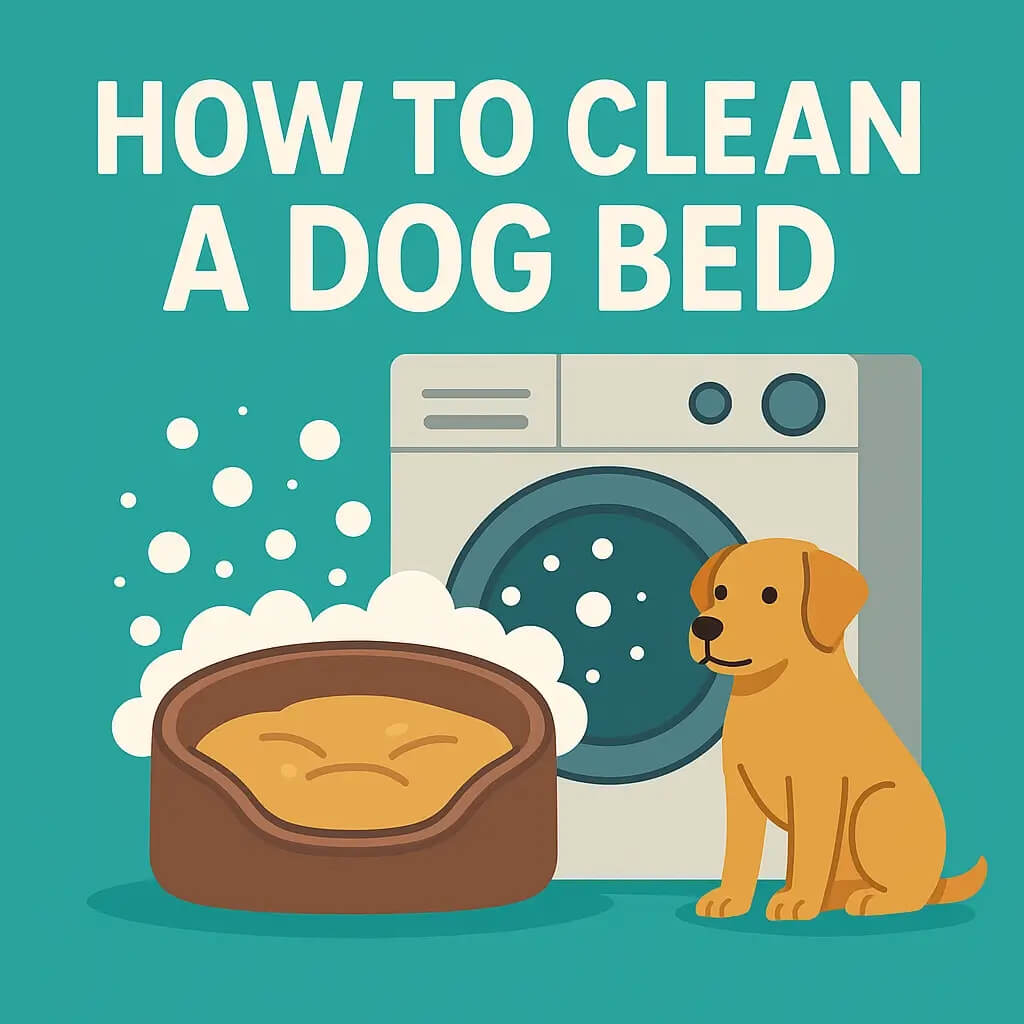If you’re asking where can I buy a dog, first decide whether adoption or a responsible breeder is the right path. Shelters and rescue groups can help you find dogs and puppies that fit your family, personality, and lifestyle—often with vetting done (vaccines, spay/neuter). Use the ASPCA’s shelter finder to search by ZIP, then talk through temperament and daily needs with staff.
If you want a predictable size, coat, or working ability, look for a reputable breeder you can visit in person. The American Kennel Club explains what to check—health testing, contracts, meet-the-parents, and lifetime support. See AKC’s guide to spotting a responsible program and its referral tools. AKC: signs of a responsible breeder and AKC breeder referral.
Either path works. The key is to avoid rushing the process and to match the breed (or mix) to your home, community, and activity level.
Where to Adopt a Dog
Most people start local. Visit your city or county shelter and nearby rescues. Ask about behavior notes, foster feedback, and any trial or “sleepover” options to ensure a good fit. The ASPCA’s national database lists adoptable dogs and puppies, and its adoption tips explain what adoption fees usually cover (vaccines, microchip, spay/neuter) so you bring home a healthy pet.
Want a specific breed? Ask your shelter about breed-specific rescues—many place popular breeds and seniors with great success. Adoption also builds positive ties in your community: you free up kennel space, and your fee helps the next dog. Start with your list of must-haves (size, energy, grooming) and meet a few candidates in person before you add a new family member.
Where to Buy From a Responsible Breeder
If you decide to buy, skip anonymous “for sale” listings. Instead, use AKC resources to locate breeders who display transparency. A good program invites you to visit, shows clean housing, introduces at least one parent, provides health test results for the breed, and offers a written contract with a lifetime return clause. Read: AKC’s responsible breeder checklist.
Use the AKC breeder referral or a parent club to contact mentors for your chosen breed. Expect questions about your lifestyle—serious breeders want happy placements, not fast sales. Red flags: “rare” color hype, no video calls, no vet records, or constant, year-round availability of puppies. (We cover scam signs next.)
Avoid Puppy Mills and Online Scams
Sadly, pet-sale scams are common. The Federal Trade Commission warns that fake sites and sellers push gift-card/wire payments, “urgent shipping” fees, or endless add-ons—then no puppy arrives. Read the FTC’s guidance: Getting a pet? Avoid scams. If you’re targeted, report it at ReportFraud.ftc.gov.
The Better Business Bureau tracks recurring “puppy scam” patterns and rising consumer losses; review their study before you pay. BBB puppy scam study.
Do this instead: meet the seller in person or on live video, verify vet records, ask for parent health tests, and never pay in untraceable ways. If a store or website refuses transparency, walk away.
Buying From Another Country?
If you’re considering an overseas sale, plan well ahead. As of August 1, 2024, the CDC requires most imported dogs to be microchipped, at least 6 months old, and documented according to the origin country’s rabies risk; some arrivals must use designated U.S. airports and may need testing at approved facilities. Start with the CDC’s page: Bringing a Dog into the U.S. and the CDC Dog Import Form instructions.
You also must follow USDA APHIS steps for pet travel (federal and sometimes state rules). See USDA APHIS Pet Travel and the dog-specific import page.
Bottom line: importing is doable, but paperwork-heavy. Many U.S. rescues or breeders will be faster—and easier on your mind.
What Will it Cost Upfront?
Adoption fees at a local shelter or rescue groups usually include a health exam, core vaccines, spay/neuter, and a microchip—so your family takes home a ready-to-settle pet.
If you buy from breeders, remember that the purchase is only the beginning. The AVMA reminds new owners to factor in routine vet care, quality food, supplies, licensing, and training—costs that keep puppies and adult dogs healthy long after day one.
Pro tip: Some shelters run fee-waived events that help more pets land in the community quickly;
The First 72 Hours With a New Dog
Have your “welcome home” list ready: crate/pen, bowls, ID tag, leash, and a quiet place to decompress. Book your first vet visit right away—the AVMA advises a prompt exam to set vaccines, parasite control, and a health baseline for your new dog. Bring any records from the shelter, rescues, or breeders.
Also prep a basic pet first-aid kit (gauze, bandage, vet/emergency numbers). AVMA’s first-aid brochure shows what to include and reminds owners that first aid is not a substitute for veterinary care.
Keep the first days calm: short walks, predictable meals, and slow introductions to people and other pets. This steady routine helps personality emerge and prevents overwhelm while everyone gets happy and settled.
FAQs
What is the best place to get a dog?
Two safe paths: adopt via local rescues/shelters (use the ASPCA finder) or buy from a responsible breeder you can visit and vet.
Where is it best to buy a dog?
Through a breeder who displays transparency: meet at least one parent, see health test results for the breed, get a written contract and lifetime return policy.
How much would it cost to buy a dog?
Adoption is usually the best value because fees cover early vetting (vaccines, spay/neuter, microchip). Buying from breeders varies by popular breeds and region; plan for ongoing temperament-friendly training and routine care.
Where do most people get their dogs?
Common sources are shelters/rescues, responsible breeders, and sometimes friends/family re-homing pets.
Conclusion
To answer where can I buy a dog: start with local adoption, or choose breeders who back their puppies with testing, contracts, and lifetime support. Use the ASPCA to locate rescues and shelters, and AKC tools to vet breeder practices—then meet in person to check temperament and fit with your lifestyle.












